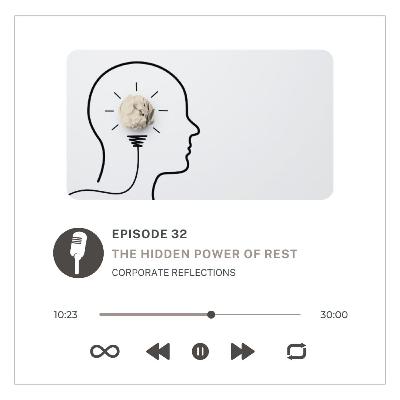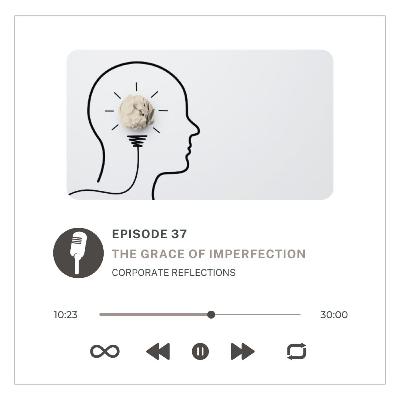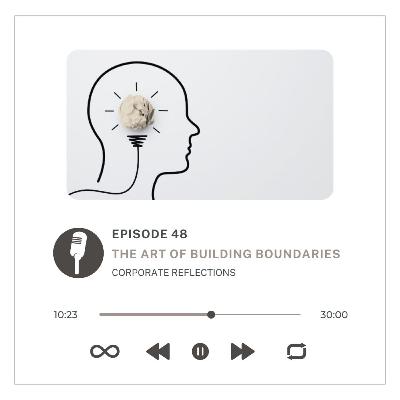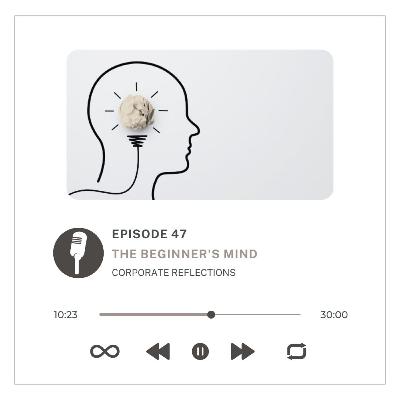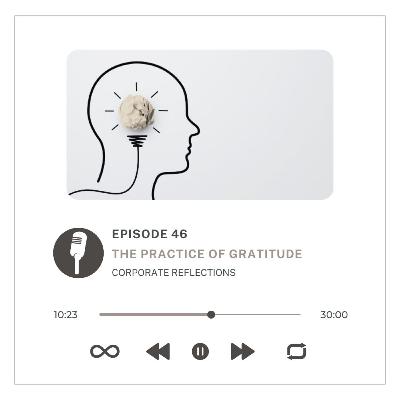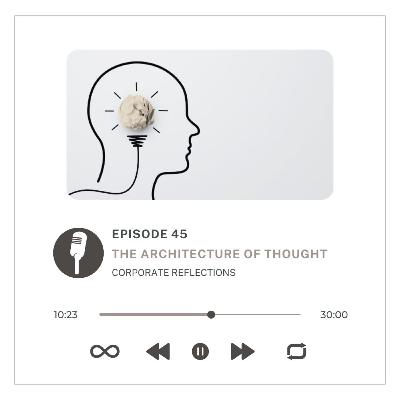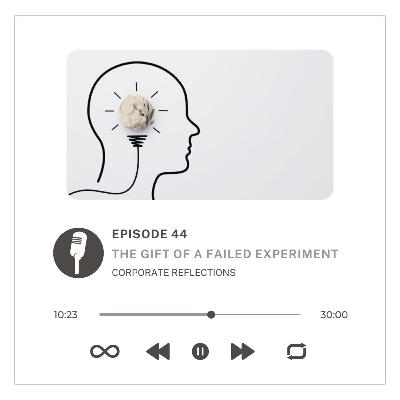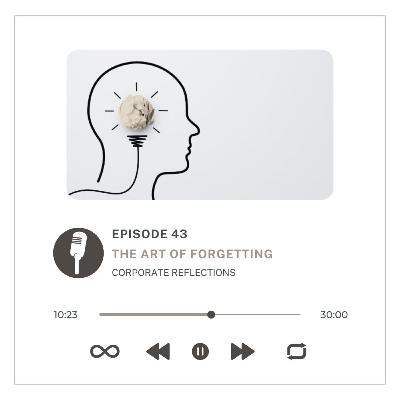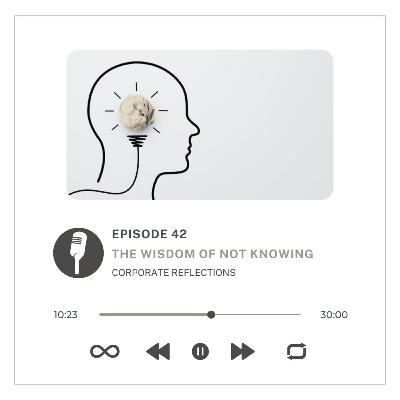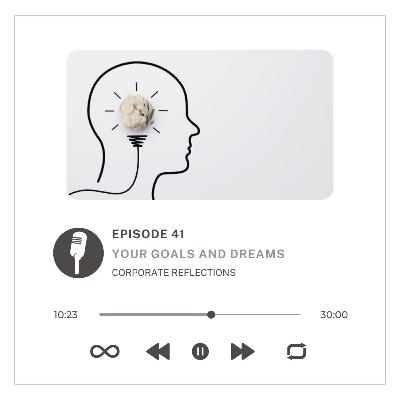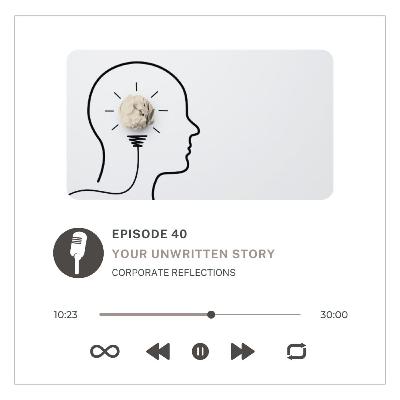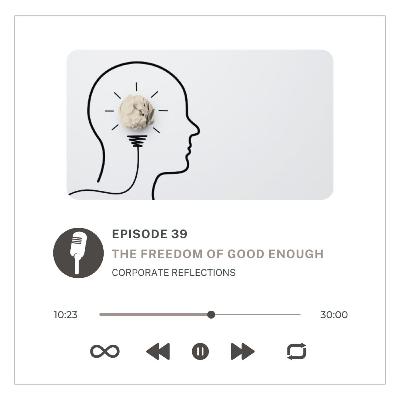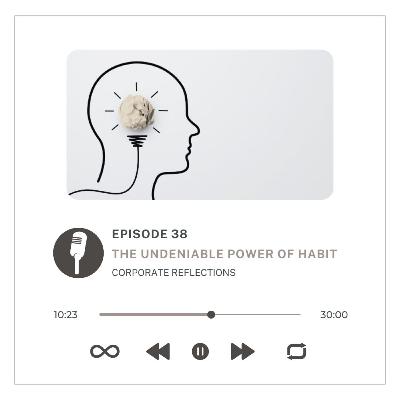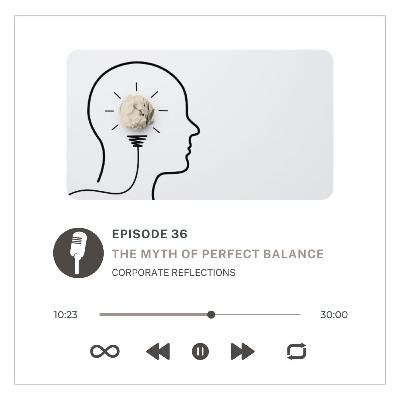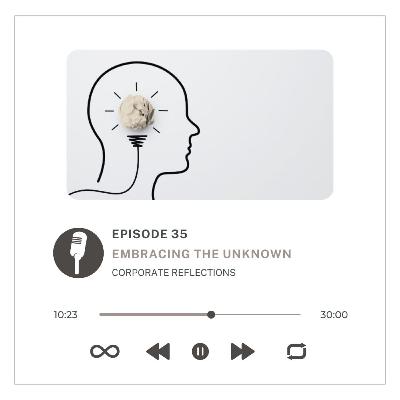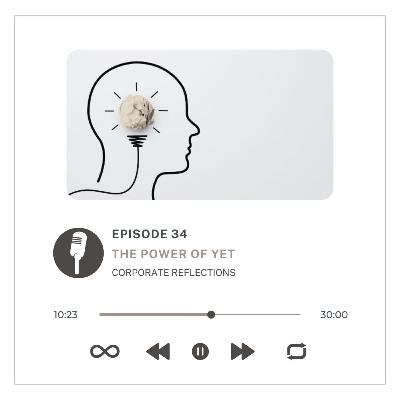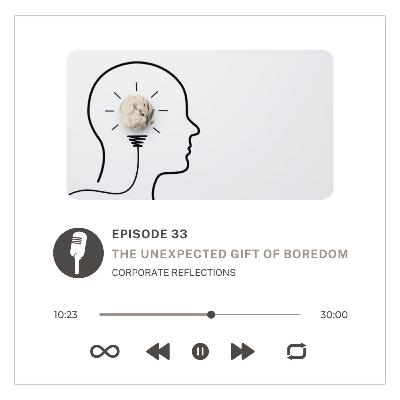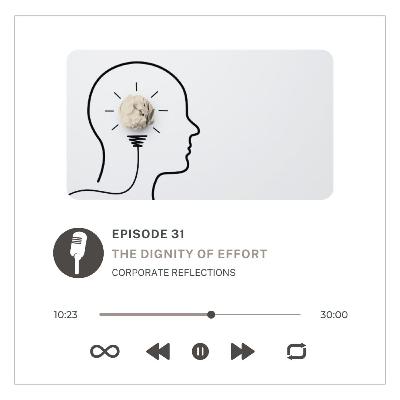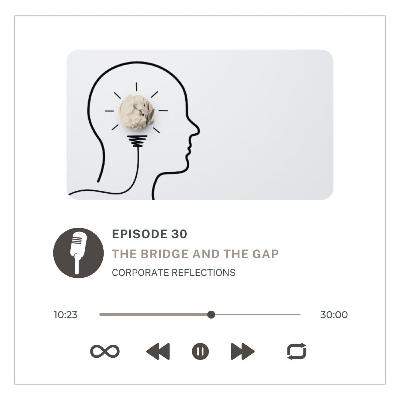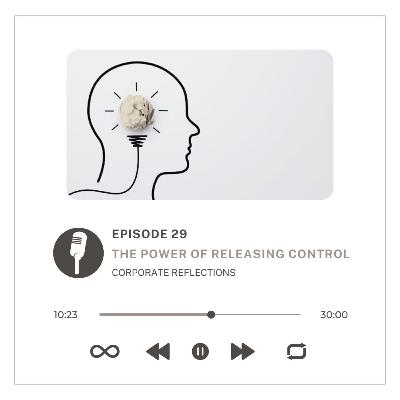Corporate Reflections : The Hidden Power of Rest
Description
This reflection is a blend of several influential ideas and cultural observations.
• Critique of "Hustle Culture" : The reflection directly addresses and challenges the modern cultural obsession with constant productivity and busyness, often called "hustle culture." This is a widespread social phenomenon in which people feel pressure to work constantly and view rest as unproductive or lazy. The reflection argues against this mindset, which is a common theme in recent mental health and self-care discourse.
• Nature as a Teacher : The reflection uses analogies from nature—musicians, athletes, and seasons—to illustrate its point. This approach, where natural cycles and phenomena are used to explain human behavior and well-being, is a common rhetorical device found in philosophy and spiritual teachings. It suggests that our own need for rest is not a personal failure but a fundamental, universal principle.
• The Paradox of Rest : The central idea of the reflection is a paradox: that rest is not the opposite of productivity but an essential component of it. This concept is supported by research in psychology and neuroscience, which shows that taking breaks and getting adequate sleep improves cognitive function, creativity, and overall performance. The reflection reframes rest from a passive act to an active and necessary one for long-term success.
• The Importance of Unstructured Time : The reflecfion implicitly advocates for unstructured time and downtime. This is a concept explored in various works on creativity and innovation, which argue that our best ideas often come not from intense focus but from moments of relaxation and daydreaming.

